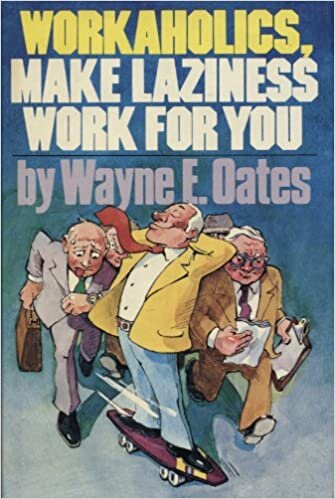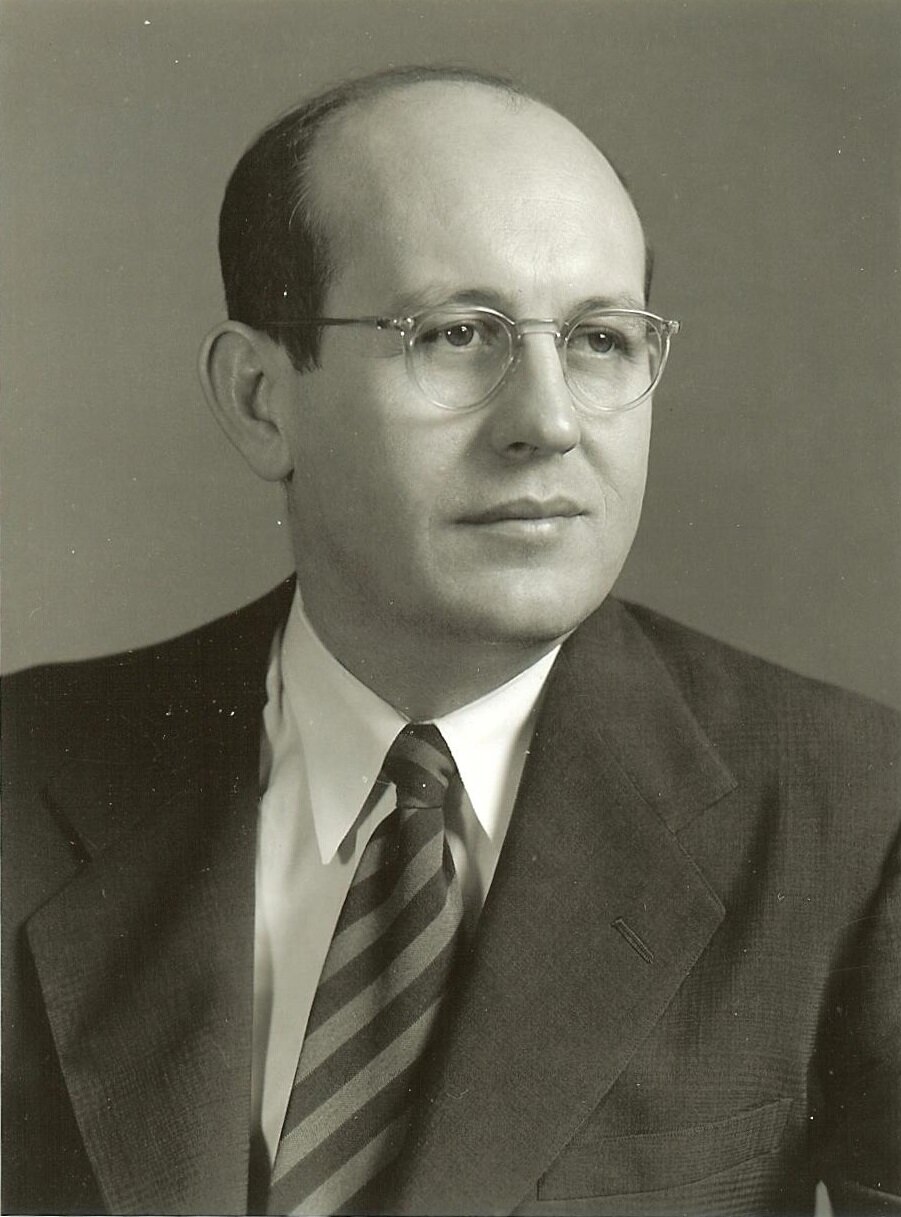Louisville Unearthed: The term ‘workaholic’ was coined here
Wayne E. Oates’ book that introduced the term ‘workaholic.’
With widespread unemployment in the U.S., including plenty in Kentucky, it’s perhaps ironic that a familiar term in the English vernacular has roots in Louisville. That word, of course, is “workaholic.”
Everyone knows a workaholic: the “type A” personality who hyper-focuses on projects, responsibilities, job performance and the like, while ignoring sleep, health, family and general emotional wellness. Interestingly, the term that describes that person was coined in Louisville at the Southern Baptist Seminary.
The person behind the term was a psychologist and religious educator named Wayne E. Oates. Oates studied at, among other universities, the Southern Baptist Theological Seminary and the University of Louisville School of Medicine. He joined Southern Baptist’s School of Theology in 1947 as a professor of psychology in religion and pastoral care, holding the position until 1974, when he joined the U of L Medical School.
Oates, who wrote 57 books during his adult lifetime (given his accomplishments, it’s clear the guy would know about being overworked), published ''Confessions of a Workaholic: The Facts about Work Addiction” in 1971, in which he suggested that working exceptionally hard can become addictive, much like alcohol.
So, he played on the word “alcoholic” and came up with the word “workaholic.” Even the book’s originnal cover drew on the comparison, depicting a faux whiskey bottle with pens and pencils poking out the top like a pencil holder on a desk. The catchy, unique phrase became part of our collective lexicon, and was later included in the Oxford English Dictionary.
Even though Dr. Oates literally wrote the book on work addiction, he didn’t necessarily endorse the workaholic lifestyle. He would revisit the term again in 1978 in a book titled, ''Workaholics: Make Laziness Work for You.''
Dr. Oates, who is pictured below, lived to the ripe, old age of 82, dying in Louisville in 1999, so he didn’t work himself to death, but his son, Dr. Charles E. Oates, told The New York Times, “My father was just an absolute, bustling dynamo of energy.”
Every Friday, Louisville Unearthed will bring you an unusual fact, historical nugget, place, person, etc., that you may not know about our city.



